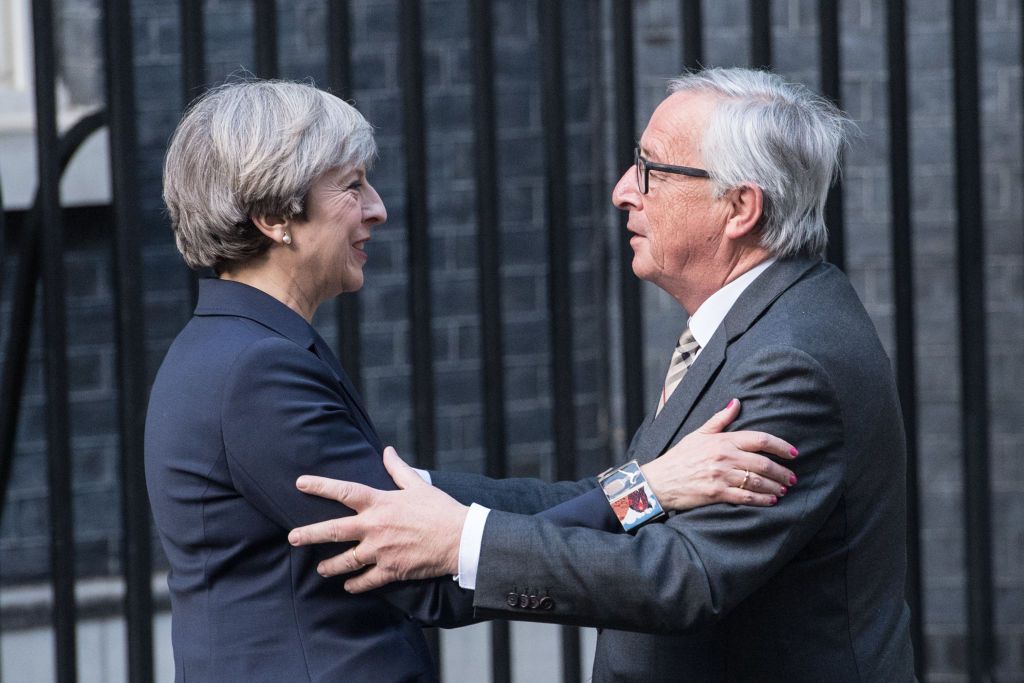So far the Government has been acting as if the Brexit negotiations stand a chance of success and that everything hinges on how we approach the discussions and the skilfulness and tact of our negotiators. Only in the last day or so has it reluctantly contemplated the possibility of failure. They could have learnt a lot from reading the account of our chief negotiator in the 1970s, Sir Con O’Neill. He led the negotiations to join the EU from 1970 to 1972 and wrote his account –Britain’s Entry into the European Community: Report on the Negotiations of 1970-1972 – immediately after discussions finished.
O’Neill concluded that all that mattered in the end was the political imperatives. The UK wanted to join, previously de Gaulle had blocked us, and now community leaders wanted us in. He wrote that ‘in a certain sense the whole of our long negotiations were peripheral, accidental and secondary’.
He also came to realise that the negotiations had been irrelevant in a second sense. Our success as members would depend less on the terms of entry than ‘on our own domestic success and in particular on our own economic performance’. Nothing, he said, ‘could be more misleading or more dangerous than to suppose that it offers us a certain remedy for our deficiencies or a panacea to cure the ills from which we have suffered.’ If life in the community were successful for us ‘it would not be because we have entered it on these terms or on those, but because we succeed in adapting ourselves to the new environment’ and conducting our own life and business successfully. Strangely for a man who wanted us to join, he proclaimed in 1972 that none of the EU’s policies were ‘essential to us’ and ‘many of them were objectionable’.
Many of our leaders today still harbour the illusions O’Neill warned against in 1972. Success for any nation always depends on how well its people apply themselves and how well they adapt to changing conditions. Taking back control gives us the power to make the most of the opportunities that will arise. We are a resourceful, inventive, courageous, public-spirited people but we have still got some pusillanimous reactionaries in leadership roles who can’t imagine anything beyond the status quo, which they find a little too comfortable.
The Article 50 process was designed to put nations that wanted to leave in a weak position. We should put ourselves in a strong position by leaving the EU unilaterally and then, once feelings have soothed, offer to enter into discussions to find mutually beneficial arrangements without a gun to our heads. EU companies want to go on selling to a market of 60 million relatively well-off people. But EU leaders have got into the habit of coercing member states and simply don’t know how to behave with mutual respect. They think they can treat us like Greece.
But it is the EU that is in an objectively weak position. The Eurozone is an unstable economic failure. No one thinks it can continue in its current form. It works for Germany but in the other member states high and long-term unemployment are widespread, prosperity has barely increased, and wealth is not widely shared.
A democratic country dedicated to inclusive prosperity for everyone who works hard is a higher ideal than EU integration under a German-dominated Brussels autocracy. And it is within our reach once we recover our freedom. We can fulfil our historical destiny, which has been to show by our own example how to make a reality of the democratic ideal that makes possible the maximum space for personal freedom and the widest attainable shared prosperity.
To have such an example on their doorstep is what the political autocrats in Brussels fear most. And for the sake of the peoples of Europe it’s what we should give them.
David Green is Director of Civitas






Comments